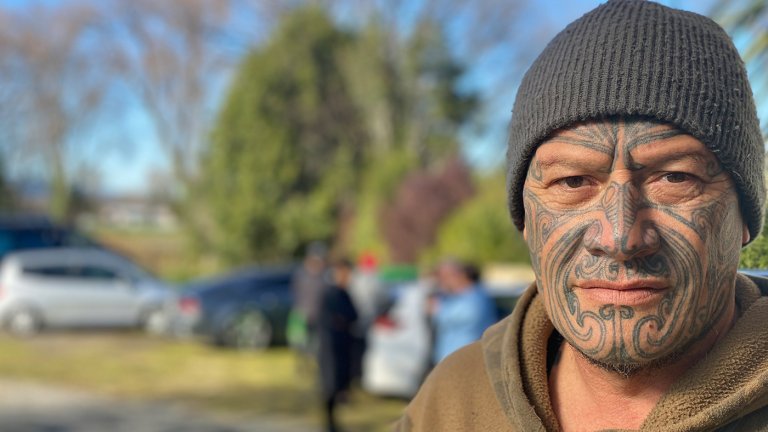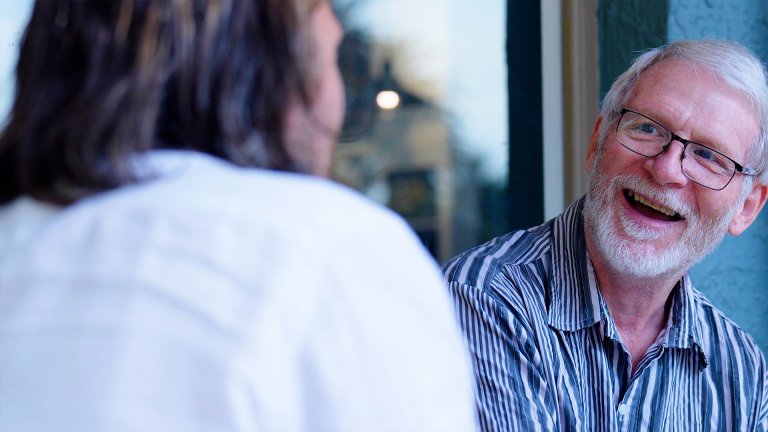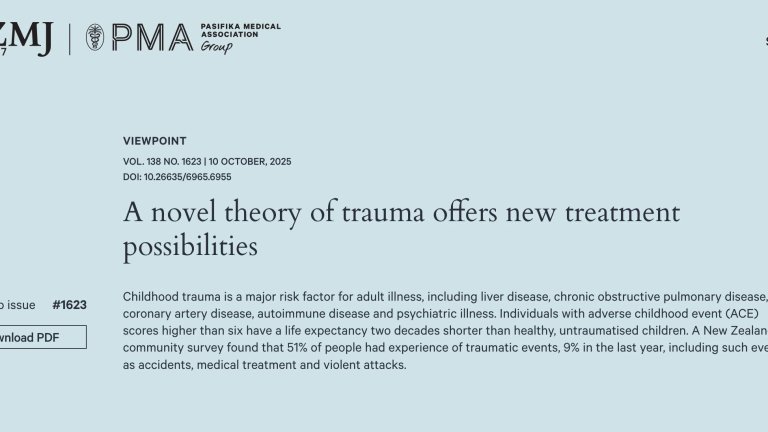COVID-19: A Choice Between Panic or Patience.
The “Coronavirus” and “COVID-19” are the two phrases in everyone’s minds and on everyone’s lips at present. We have seen the mainstream media obfuscate the current situation by spewing frantic emotion rather than helpful information, and conflicting information on what your average Kiwi should do.
That is not to say, of course, that the virus is not of genuine concern or that it is not causing some people immense suffering and inconveniencing many more. Entire businesses are shaking in the winds of this developing situation, hoping they aren’t swept away. Entire nations are closing or tightening their borders to insulate themselves against the chilling blows of those same winds. However, in these times, we should ask ourselves what part of this situation is the most dangerous? What aspect is the greatest threat to the individual and collective well-being of society; the virus itself or the furore surrounding it?
To properly answer this question, allow me to paint you a picture with words - in the language of psychology, mental disorders are generally classified as “primary disturbances,” that is to say that their presence alone directly causes sufferers to experience distress. An individual who is struggling with bipolar disorder, for example, is prone to experiencing disturbing highs and lows. This part of the disorder is forced upon them and they have little choice in the matter; where bipolar disorder is present, so too is some degree of dysfunction and/or distress. Similarly, the presence of COVID-19 guarantees that individuals and entire societies will experience some degree of dysfunction and/or distress. In both cases this suffering is understandable and, to a large extent, unavoidable. However, there is also a psychological concept known as a “secondary disturbance”. A secondary disturbance is avoidable and controllable; it is essentially a person’s negative overreaction to a primary disturbance. In the case of bipolar disorder (or, by extension, any mental disorder) a secondary disturbance would be the individual’s fear of their own symptoms or their anxious response to the onset of those symptoms. As a sufferer of bipolar disorder enters a low, a depressive episode, they often don’t only have to contend with the episode itself but also their own thoughts about that episode. These thoughts may stem from their belief that they can’t handle another depression (“I can’t survive another depressive episode”), their fear that the depression will ruin something important to them, such as a relationship or job opportunity (“This depressive episode is going to ruin my entire life”), or any other similar thoughts. These negative thoughts, although they are completely understandable, will almost certainly make the depressive episode worse by producing more anxiety. This anxiety can then itself contribute to another secondary disturbance if the sufferer focusses on it, overthinks negatively (“This anxiety is getting much worse and I’m going to have a heart attack”) and then begins to panic. This is how a manageable bout of anxiety escalates into a panic attack; secondary disturbances can feed off themselves and each other and swiftly spiral out of control, becoming much larger and scarier than the original problem.
The good news is that we, as individuals, have control over these secondary disturbances. This means that while we may not, as individuals, be able to control the spread of COVID-19, we can most certainly control how we react to its presence. Perhaps the most obvious example of a secondary disturbance resulting from COVID-19 is panic buying. As most readers will already be aware, some people have begun to buy as many essentials (or non-essentials, such as toilet paper) as they can wrap their arms around. Others, upon witnessing this behaviour, have become anxious that the products they want will sell out, and so they too have begun to panic and horde similar items. This is a perfect example of a secondary disturbance feeding off itself and gaining more and more power and momentum. This kind of panicked behaviour is creating a desperate every-man-for-himself mentality, which could become as harmful as the original problem (if not more so, as secondary disturbances often do).

The reality is that the spread of COVID-19 seems to be very well contained here in New Zealand. Whilst there is good reason to be careful and considerate, there is no reason to panic. Between the virus’s appearance and the current date (19/03/2020) there have been only twenty eight individuals diagnosed with COVID-19. Twenty eight people out of over 4.7 million. That is less than a mere 0.000006% of the population, or about 170,000th of a percent. Again, the greatest things we can do to reduce the spread and by products of this problem are to wash our hands thoroughly, avoid close and unnecessary close contact with others (especially those who may be infected, such as those who have recently travelled abroad) and respond calmly and rationally to events as they develop and are reported by the media.
It is important, also, to understand that the mainstream media survive by attracting and maintaining viewers; the best way to do this is to produce and share content which is particularly interesting and exciting to those viewers. Accordingly, it is in the best interests of the mainstream media to make their stories as emotionally activating as possible. This is done by making positive stories as uplifting and happiness-inducing as possible (an acceptable or even respectable pursuit), and negative ones as devastating or anger-provoking as possible (an undesirable and predatory mode of operation). If one media company produces accurate information without splattering it with hysteria or some other flavour of emotional intensity, they are likely to lose viewers to other companies that dress up their stories with colourful, even if inaccurate or misleading oversimplifications or exaggerations. We are programmed to gravitate toward the things which interest and excite us, rather than the things which are in our best interests.
It is unwise and potentially harmful, therefore, to allow third parties to dictate our realities to us. What we need is accurate and calmly presented information, which we can then consciously choose to colour with our own emotions, based upon our own personal evaluations of that information. In this way stories that are inherently positive will naturally inspire and satisfy us, while those which are inherently negative will produce more manageable amounts of negative emotion and inspire more realistic responses. What we don’t need is for news & media companies, or anyone else to tell or suggest to us (either implicitly or explicitly) how we should feel in response to the information they are presenting. Our minds and our reactions are ours, and we would be wise to retain control of them.
The logic applied above also applies to the financial and international trade problems being caused by COVID-19’s presence (like all other similar situations in the past, this one will gradually recede and vanish, possibly quicker than we think if we respond appropriately); if we panic, if we withdraw all our money, if we horde necessities or other supplies we are only modelling that panicked behaviour to others.
For every person who witnesses and follows the frantic behaviour of others, there are dozens more who may do the same when witnessing it also. This is where things can become more dangerous and we could, by creating a society-wide secondary disturbance, make an already serious situation catastrophic. It has been said that one of the noblest aspirations a person can have is to becomeself-controlled and strong-willed enough to hold their family together, to lead them forward in the face of a tragedy. The entire human race is one single, enormous, widely spread family, and we need as many people as possible to be self-controlled and strong-willed in the face of this particular problem. Those are the people, with steady hands and straight backs, who are going to ensure that what began as a serious problem doesn’t escalate into a crisis.
Are you doing your best to become one of those people, a leader, a calming force, a source of solace for those around you, or are you allowing the hysteria of the herd to swallow you whole? If most of us continue to live our lives calmly, though wisely and adaptively, there is no need for anyone to panic and there will be no impending doom. There is no sin in living your life calmly while others endure the worst; the best way to memorialise the deceased and respect the suffering of the living is to avoid creating anymore suffering of your own, not for others and not for yourself; the only enduring catastrophe in this situation will be that which we create for ourselves.
Let us, instead, cast aside fear and march forward in the discerned spirit of understanding and respect for ourselves and each other.






